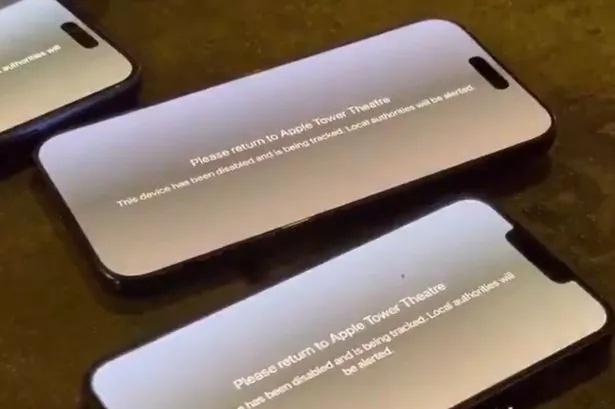During the California protests, while the world watched crowds march through the streets demanding justice, something far less visible but equally powerful was happening behind the scenes.
As looters broke into Apple Stores and carted away with iPhones, iPads, and other devices, Apple immediately blocked the stolen gadgets remotely. Many of these stolen phones suddenly flashed a message: “This device has been disabled and is being tracked. Authorities have been notified.” For some, it was a smart move for Apple to show it wouldn’t let criminals get away with theft. But for others, it sparked serious concerns. If Apple can shut down a phone from anywhere in the world, what else can they do? And what does this mean for the rest of us who use any of their products?
That’s where things get uncomfortable. While Apple says these shutdowns are only for stolen items or when users request it, the fact that a company can control your device so easily is unsettling for many. Users are starting to wonder, do we own our phones, or are we just borrowing them under Apple’s rules? Some fear this kind of control could one day be misused not just for theft, but to silence voices, track people, or punish those who break certain “rules” set by private companies. It touches on a broader issue about privacy, freedom, and who is really in charge of our digital lives.
This all happened during a time when people were standing up against power and unfair systems, which makes Apple’s actions even more controversial. While protesters were fighting for freedom and change, a tech giant was quietly showing just how much control it holds. It may have been about stopping theft, but to some, it felt like a reminder of how easily companies can pull the strings even in moments meant to challenge power and stand for justice.
So, what started as Apple protecting its property turned into a much bigger conversation about control and ownership. The company may have shut down a few stolen phones, but in doing so, it opened a door to deeper questions. Who owns our technology? How much control is too much? And are we comfortable living in a world where devices in our hands can be turned off without warning? These are questions that won’t disappear anytime soon.




